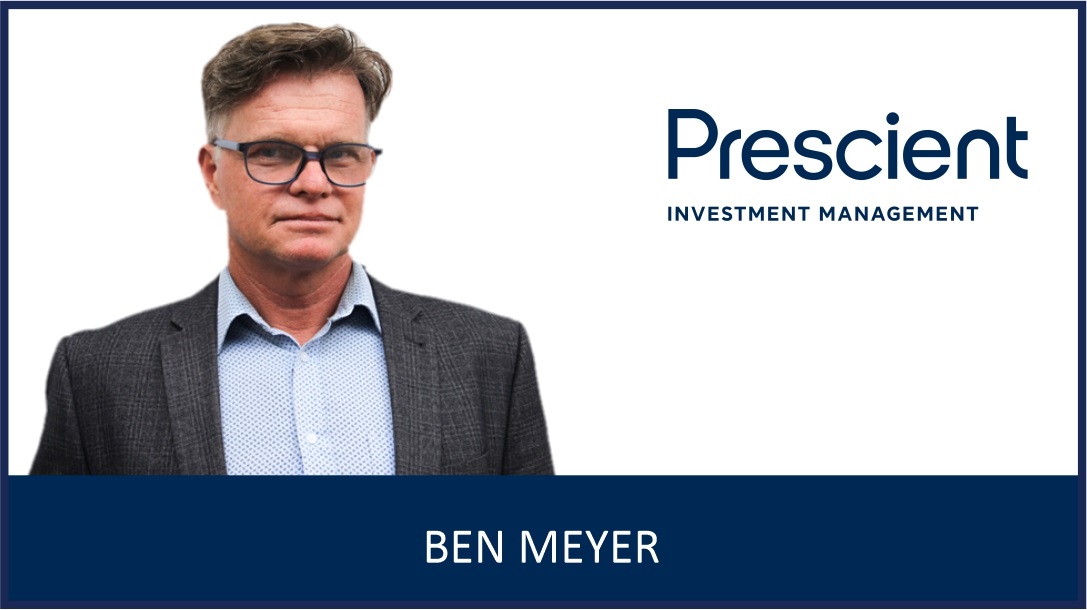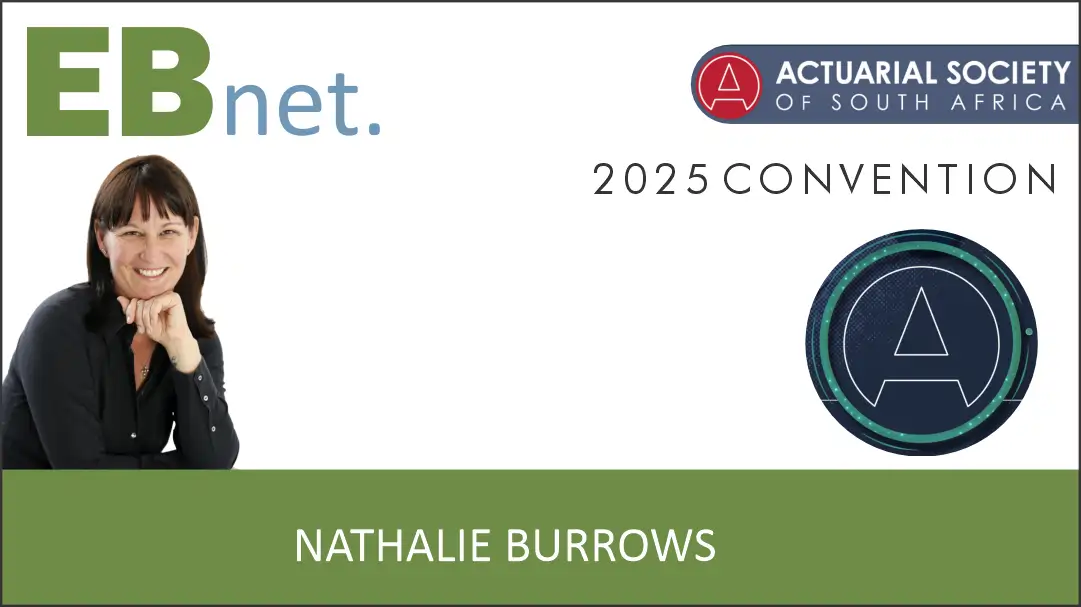Ben Meyer, Head of Capital Markets at Prescient Fund Services
The African Exchange Traded Fund (ETF) landscape is undergoing a quiet transformation. While equity markets across the continent face liquidity constraints and regulatory hurdles, ETFs are emerging as a strategic tool for deepening market participation and modernising trading infrastructure. From South Africa’s inward listings to Botswana’s surprising ETF dominance, the continent is witnessing a shift in how investment vehicles are used to catalyse financial development.
We are witnessing increased interest from South African Exchange Traded Funds (ETFs) issuers in listing their ETFs on African stock exchanges, other than the Johannesburg Stock Exchange (JSE). Our discussions with these exchanges and prospective issuers indicate that these ETF listings could play an important role in providing much-needed liquidity on these exchanges and increase investors’ options in these markets.
Why are we feeling optimistic? Firstly, Africa represents a massive number of consumers who will increasingly look for suitable investment opportunities and, secondly, there are South African asset management businesses that already have a footprint in Africa as they have acquired business interests across the region. For those asset managers who already have businesses in Africa, ETFs represent a valuable diversification opportunity by providing investment options to local retirement funds. This is especially important since ETFs listed on these exchanges often qualify for Local Asset Status (LAS) in these markets allowing for increased investments from local institutional investors, such as pension funds in these jurisdictions.
Despite the potential in many African markets, the reality is that outside of the JSE the public markets for trading in equity, ETFs and other investment products within the region have remained under-developed.
In most developed markets the natural evolution of public markets is for equity markets to develop first from the need to raise capital for investments. Derivative markets follow to mitigate risk, then ETFs emerge to provide traded pooled asset solutions. Most recently, Crypto Assets have begun to disrupt the eco-system. It is interesting to note that Crypto Asset trading such as Bitcoin is already fairly active in Africa. As investors become more familiar with central order book trading it is less of a change in mindset to start trading ETFs as opposed to more traditional unit trust options that do not trade intraday. Whether the listings of ETFs on African stock exchanges will play a role in further developing local capital markets remains to be seen.
There is great potential in Africa, but the question remains – what is needed to realise this and overcome the challenges presented by the current reality?
Liquidity challenges for pan-regional products
An interesting case study that exposes liquidity problems in African markets is the Cloud Atlas ETF listing on the JSE. In 2017, Cloud Atlas debuted the “Big 50” Africa ETF, aimed at giving investors exposure to the 50 biggest listed businesses on the continent, outside of South Africa. Unfortunately, this fund never gained meaningful traction, and when it was de-listed in 2024, it had to apply a 30% discount to the net asset value (NAV) of assets listed in Kenya and Egypt, and a 50% discount to those in Zimbabwe and Nigeria. This was primarily a result of a lack of liquidity in the markets where the underlying assets were listed.
On top of this, investors are still struggling to repatriate funds from Nigeria due to exchange control regulations.
This illiquidity highlights the challenge for investors seeking out pan-regional African ETFs and fund managers looking to develop them.
In adversity, there is opportunity
However, there is a different perspective to be considered here, as we can see from the Absa NewGold ETF which, in addition to its primary listing on the JSE, is listed in Nigeria, Namibia, Mauritius, Kenya, Ghana and Botswana as an inward listing.
In many of these geographies, this ETF is one of the most actively traded instruments on the bourse. In Botswana, NewGold is the second most valuable counter on the Botswana Stock Exchange, making up just over 4% of the exchange, while in Ghana it is the 16th largest listing.
Not only does this “unintended” liquidity create trading activity, which helps deepen African markets, each new inward listing helps regulators develop their systems and processes for future listings.
African markets to watch
While there are clear structural challenges that impact ETF development of in Africa, the lack of legacy infrastructure is also an opportunity. African countries can start with clean slates and develop ETF initiatives that will be fit for purpose in their markets.
This is evident from the high levels of engagement we are seeing from potential clients wanting to list in Namibia, Botswana and Kenya, for example.
Namibian capital markets are being boosted by oil exploration activities and stakeholders are looking to raise capital. This serves as a trigger for developing skills and capacity for future developments in the market.
In Botswana, ETFs are playing a critical role in developing market infrastructure and allowing regulators and stakeholders the opportunity to test and develop new systems. A very practical example of this relates to scrip lending, an important component of market making activity – something which is frowned upon in many of the African markets as it is often associated with short selling of assets that could be disruptive to markets. Regulators in Botswana have recognised that this plays an important role in trading and settlement and are looking for ways to open this part of the market.
Further north, Satrix recently listed its MSCI World ETF on the Nairobi Securities Exchange. They stated that they view the Kenyan market as an important target for expanding their product offering, with the aim of democratising financial markets and providing retail investors with viable trading options.
If we return to the original question around which comes first – the equity market or ETFs – our view is that the African ETF market won’t necessarily be driven by explosive growth in equity markets, but rather by the structural role they can play in developing investor appetite and improving trading systems.
ENDS

























































































